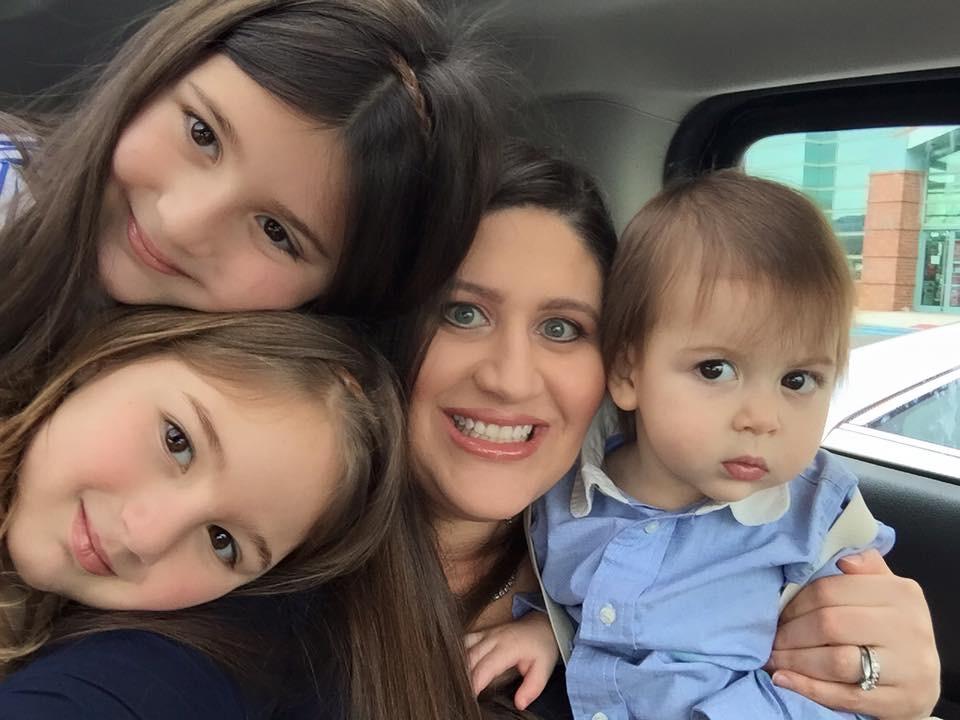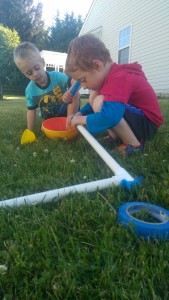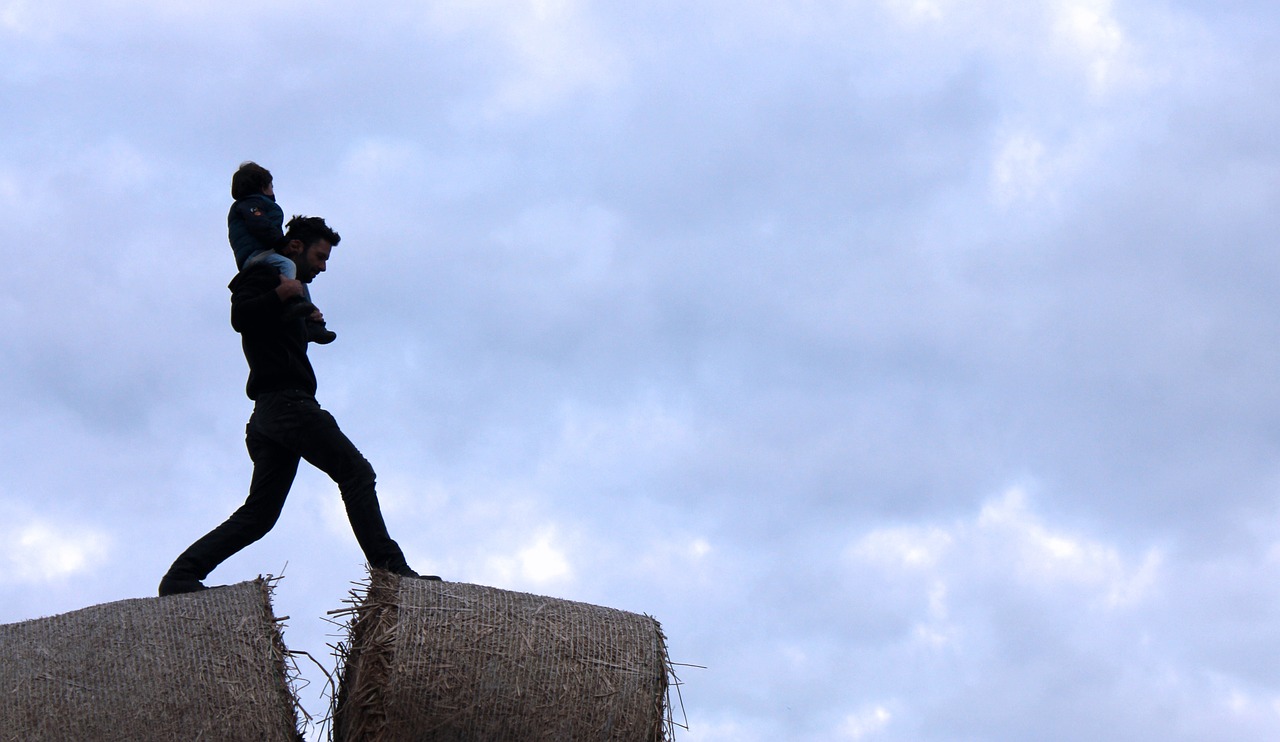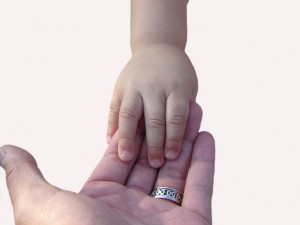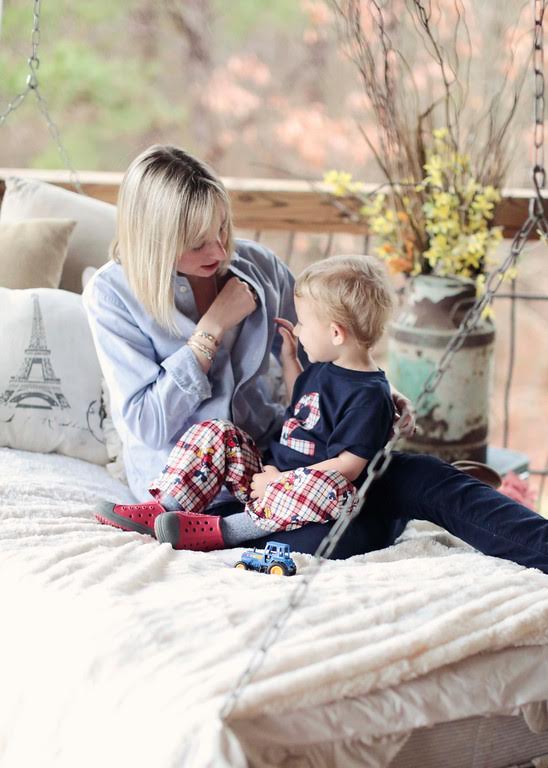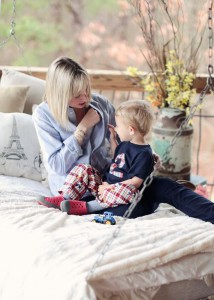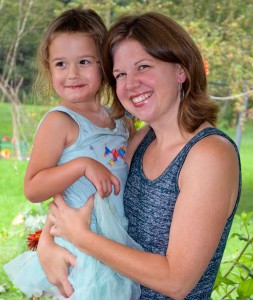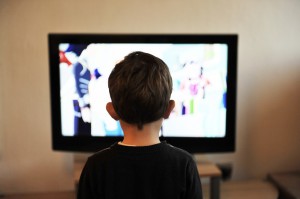 Often times, we either hear that a baby absolutely loves going into the car we got from the used cars ottawa dealership and naps instantly, or that the baby screams and cannot stand the car seat, thus making travel a complete nightmare for parents.
Often times, we either hear that a baby absolutely loves going into the car we got from the used cars ottawa dealership and naps instantly, or that the baby screams and cannot stand the car seat, thus making travel a complete nightmare for parents.
You may experience both sides of this scenario as babies go through phases of learning and growing. I have 3 children ages 7, 4-1/2, and 1 year old. I have been on both sides of the situation. There were times that my children loved the car seat, and any road trip for me was a nice break and even relaxing, but we certainly had months with all 3 children where they absolutely cried and did not want to get in the car seat.
I remember when my girls would arch their backs and scream going into the car seat from the Kia we got at used cars south jersey. My baby boy is my youngest, and we had car trips where I would keep pulling over to nurse him just to soothe him, so a simple, short drive turned into a long one. I always had all my documents in hand such as my auto insurance, in case a police officer would question me being on the side of the road.
Now, all of my kids finally love the car, which makes my life much easier.
I believe strongly in positive experiences. It is possible to make the car seat a positive situation and reduce the crying phases. Here are 10 car trip solutions to create a positive car trip experience:
- Breastfeed your baby before any car trip — This is not only for feeding but also for comfort and to relax your baby. Sometimes, it helps to nurse your baby in the driver’s seat (not driving, of course), and then when your baby is tired or asleep, you can move the baby to the infant one of the car seats and stroller combo. Even if the baby wakes up at that point, he will likely fall back asleep when the car moves. Likewise, put a fresh diaper on your baby before putting them in the car seat.
- Keep a relaxed environment — Parents can easily get stressed out when their baby refuses the car seat, but if you try to stay relaxed and use a calm voice, your baby can sense this. Make sure to carry the essentials like the baby bottle washer, additional set of diapers and most importantly, the Toys. We use spa music in the car! I often breastfeed my baby with spa music playing, so he associates relaxation with soft spa music, and when we enter the car, I always have spa music on. This really helps to create a relaxing environment for my children and myself.
- Open the windows — Opening the car windows on a nice day, or even just opening them an inch, can help distract the baby from crying and soothe them when the car moves. Plus, it offers fresh air, which some babies appreciate.
- Talk and sing to your baby — Your voice is soothing to your child and provides comfort, so they know that you’re there. I have found myself humming lullabies and singing familiar songs just to keep my baby focused on me and listening to me instead of being upset in the car. Try to pick a song that you would sing while nursing your baby to sleep in the house, and use the same song while driving so your baby can remain calm and associate sleep and serenity with the sound and tone of your voice.
- Use a rear-facing mirror in front of your baby — This will help you to see your rear-facing baby, and if you position a large enough mirror, your baby can also see you. Your baby may start to look for you in the mirror after 6 months old. The mirror not only helps the baby to have something to look at, but you can see your baby to check in and make sure they’re okay.
- Don’t be afraid to pull over — Pull over and nurse. And if you drive another mile and your baby is still upset, do it again: Pull over and nurse. Try not to let your baby cry in the car seat. Your baby’s needs are important! If your baby is crying, try to nurse, rock, and relax them.
- Wear your baby — When you get to your destination, some moms simply move the car seat into their stroller, but then the baby is in the car seat for even longer and your ride home won’t be as smooth. Take your baby out of the car seat and into a wrap, sling, carrier or your arms to give your baby a break from the car seat.
- Get your baby focused on you or an object other than buckling the car seat — No one likes to be restrained, but car seat buckling is essential. Usually, the buckling process can give parents a tough time for that baby who just doesn’t like the car seat. Give your baby something to hold in the car can help distract them while you buckle the car seat. I like to keep a small wooden rattle that has bells inside. I hand it to my baby and sing as I buckle him in. I try to keep eye contact with my baby so that his focus is on me and the toy, and sometimes, he doesn’t even realize that I buckled the car seat already. You can also try distracting him or her with the best baby accessories and also learn with these amazing toys.
- Distractions can be soothing for the baby — Use a light-up projecting toy that can give your baby something to look at while you drive. There are many light-up projectors that play spa music, move the lights in a circular-wave motion, or that project a rainbow, stars or other shapes to get your baby’s attention. You can even use this when buckling your child in!
- Comfort your baby — Comforting your baby is the most important priority. A comforting parent will eventually make a comfortable baby. Remain confident, and your positivity will reflect on your children.
More Resources from API
API Leader Jamie Birdsong-Nieroda, mother of 2 from Long Island, New York, USA, offers ideas to keep road trips positive for older children.
API Leader Cason Zarro from Atlanta, Georgia, USA, offers more tips to soothe a baby who dislikes the car seat.
Dionna Ford, mother and parenting blogger, gives suggestions to encourage cooperation with the car seat from a toddler or preschooler.

